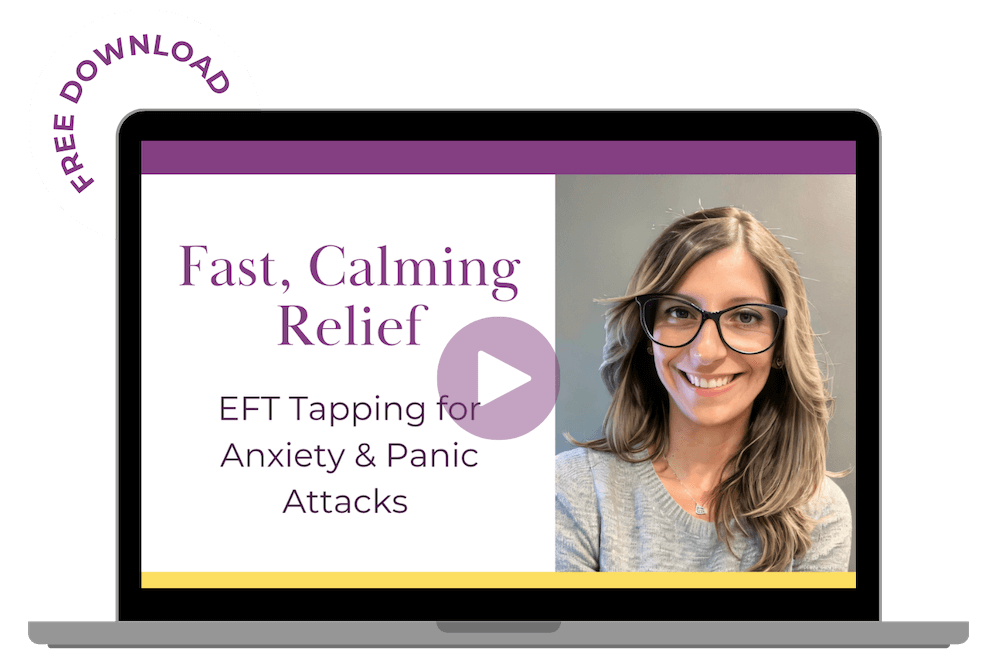Imagine navigating through life with an invisible burden, one that colors every word and interaction with an intricate hue of unspeakable emotions and suppressed memories. This is the covert struggle faced by many trauma survivors, a challenge that extends far beyond personal hardship into the complex web of day-to-day communication. Trauma, by its very nature, is an experience that defies conventional expression, often leaving individuals at a loss for words and, ironically, more in need of connection than ever before.
As a trauma survivor, you are not alone in the quest to articulate the profound impact that trauma has on your life and your words. In this intimate narrative, we will explore five subtle ways in which your trauma may be shaping your interactions and the steps you can take to reclaim your voice. This is not just a dialogue; it’s a path toward liberation, an odyssey of taking control of your narrative and fostering meaningful connections with others. These insights are the results of traversing a deeply personal terrain of trauma and finding solace in the art of expression.
Silencing the Self
At the heart of trauma lies an element of profound violation, a disruption in the very fabric of personal safety and selfhood. In the aftermath, many survivors find themselves grappling with a pervasive sense of shame and self-doubt, which often translates into a reluctance to vocalize their needs, thoughts, or feelings in everyday conversations.
A Dialogue with Denial
Denial is a close companion to trauma, offering a temporary refuge from the painful acknowledgment of one’s experiences. In the realm of communication, this manifests as passivity or silence; for words, when left unspoken, are as much a language as any conversation. Addressing this begins with recognizing the narratives we nurture within our minds and summoning the courage to confront them openly.
Speaking into the Void
The void can be a lonely place, speaking to a reality marred by isolation and a fear of the echoing silence. The challenge is not just to fill this void with sound but to imbue it with substance – to speak our truths, even when the repercussions seem daunting. It’s within the quiet strength of vulnerability that we find our most authentic expressions and, paradoxically, a form of release.
Action Steps for Authenticity
- Start small, with affirmations and journaling.
- Slowly integrate these voice exercises into low-stakes conversations.
- Cultivate a support network where you can practice genuine expression.
- Seek out professional guidance to explore deeper layers of self-expression.
The Unpredictable Outburst
The experience of trauma can unravel the predictable rhythms of our emotions, leaving us vulnerable to unexpected outbursts that surprise even ourselves. These emotional tempests, while distressing, can provide valuable insights into the unprocessed elements of our trauma.
Unraveling the Subtext
Anger, frustration, or seemingly disconnected emotions during communication are the canvas on which the unsaid is painted. By pausing to reflect on these outbursts and decipher the subtext, we gain access to the deeply rooted triggers of our trauma. It is not an easy process, for this form of unraveling requires courage and patience, but the reward is a newfound awareness of our innermost struggles.
Bridging the Communication Gap
When these emotional outbursts occur, it’s crucial to develop a plan for communication. This bridge can take various forms – from using “I” statements to convey personal experiences to setting boundaries that protect you from re-traumatizing conversations. With each successful bridge, the gap narrows, and genuine connection becomes more attainable.
Action Steps for Emotional Intelligence
- Stand guard at the checkpoint of your emotions, not as a suppressor but as an observer.
- Integrate mindfulness techniques into your daily routine to cultivate a sense of presence.
- Explore the benefits of creative expression, allowing for the articulation of complex emotions without the constraints of conversation.
The Echoes of Trauma in Relationships
Trauma’s reverberations extend beyond the self, often making themselves known in the dynamics of our closest relationships. For many, these echoes can feel like a disconnect from those we hold dear, an inability to relate to the world and its inhabitants in the same unencumbered way.
The Wall That Words Build
Communication is the bedrock of any relationship, yet for trauma survivors, words can sometimes erect barriers rather than bridges. This phenomenon speaks to a deep-rooted fear of intimacy and the consequences of letting another truly see us. The path to authentic relationship communication involves dismantling these linguistic walls one brick at a time, allowing trust to take root and understanding to blossom.
Overcoming the Fear of Relatability
Through storytelling and the sharing of experiences, we open the door to relatability. It is in these moments that we recognize our shared humanity and understand that, despite the vast differences in experience, there is a universal thread that binds us all. Overcoming the fear of relatability is a courageous act, one that paves the way for empathy and genuine connection.
Action Steps for Reconnecting
- Engage in narrative therapy, using your story to enlighten others and find common ground.
- Co-create communication strategies with loved ones, honoring the unique dynamics of your relationships.
- Share your communication victories, no matter how small, with your support system to celebrate and seek encouragement.
Living in a World of Triggers
For trauma survivors, the world can sometimes feel like a minefield, with potential emotional triggers lurking in the most unexpected places. These triggers, when activated, have the power to hurl us back into the heart of our trauma, obscuring rational thought and circumventing informed communication.
Understanding the Language of Triggers
Triggers are the native tongue of trauma, a silent but potent force in the way we express ourselves. By learning to recognize and respond to these triggers, we regain a measure of control over our emotional landscapes, effectively disarming the potential landmines that would otherwise undermine our progress.
Navigating Triggers in Real-Time
The element of surprise is not an ally in the trauma survivor’s arsenal. Navigating triggers in real-time requires strategy and foresight. It is the preemptive disarming of triggers through language, body awareness, and self-care techniques that transform the once-unpredictable minefield into a well-mapped territory.
Action Steps for Trigger Management
- Develop a personalized trigger toolkit, replete with grounding techniques and sensory distractions.
- Engage in exposure therapy with the guidance of a mental health professional to desensitize triggers over time.
- Maintain a dialogue with trusted individuals in your support network about your triggers and the strategies you employ to manage them.
The Mundane as an Anchor
In the tumultuous sea of trauma, the mundane can serve as a stabilizing anchor, offering respite and routine in the lives of survivors. This ordinary backdrop to our daily lives can also be a remarkable canvas for the expression of our most potent messages and experiences.
Using Mundane Metaphors
Everyday activities, when viewed through the lens of metaphor, can offer profound insights into our trauma narratives. By recognizing the metaphorical power tucked away in our routines, we uncover a language of resilience and recovery, one that can lend new depth to our conversations and a greater understanding to those with whom we share them.
The Liberating Power of Mundane Conversations
In the most routine and uninspiring of conversations, there exists the potential for liberation. Each exchange can be a step toward breaking down the barriers that trauma thrusts upon us, providing an avenue for genuine expression and emotional release. Mundane conversations, when approached with intention, have the power to become extraordinary acts of courage and triumph.
Action Steps for Mundane Mastery
- Practice mindful speech in everyday conversations, speaking with intention and consciousness.
- Use the routine as a springboard for reflection and self-expression.
- Engage actively in the mundane, seeking the hidden significance within the ordinary and sharing it with those around you.
In conclusion, the echo of trauma in our daily conversations is not a sentence; it’s an invitation – an invitation to explore the subtle nuances of communication, to foster empathy through personal narrative, and to search for meaning in the unspoken. Each interaction, no matter how casual, has the potential to be a touchstone in our quest for healing and authentic connection. By recognizing the ways in which trauma shapes our communication and actively engaging in strategies to overcome these challenges, we transform our vulnerability into strength and our stories into a lifeline for those who share our path.
Silence is not the end of the conversation; it’s the beginning. It’s from the void that our most honest and impactful words emerge. In this dialogue of shared experiences and mutual understanding, we discover that trauma, while undeniably shaping, does not define us. We are the architects of our narrative, the weavers of our story, and the speakers of our truth. Through these intentional communications, we heal not just ourselves but the very fabric of our connections with others, creating a world brimming with empathetic exchanges and genuine human encounters.
References
- American Psychiatric Association: Diagnostic and Statistical Manual of Mental Disorders, Fifth Edition
- Roth, S., & Cohen, L. J. (1986): Approach, A voidance coping and the control of stress. Journal of Personality and Social Psychology
- Mellin, E. K., Hunt, B., & Nichols, L. M. (2011): Counselors learn from trauma survivors. Resident, 8(11), 1.







